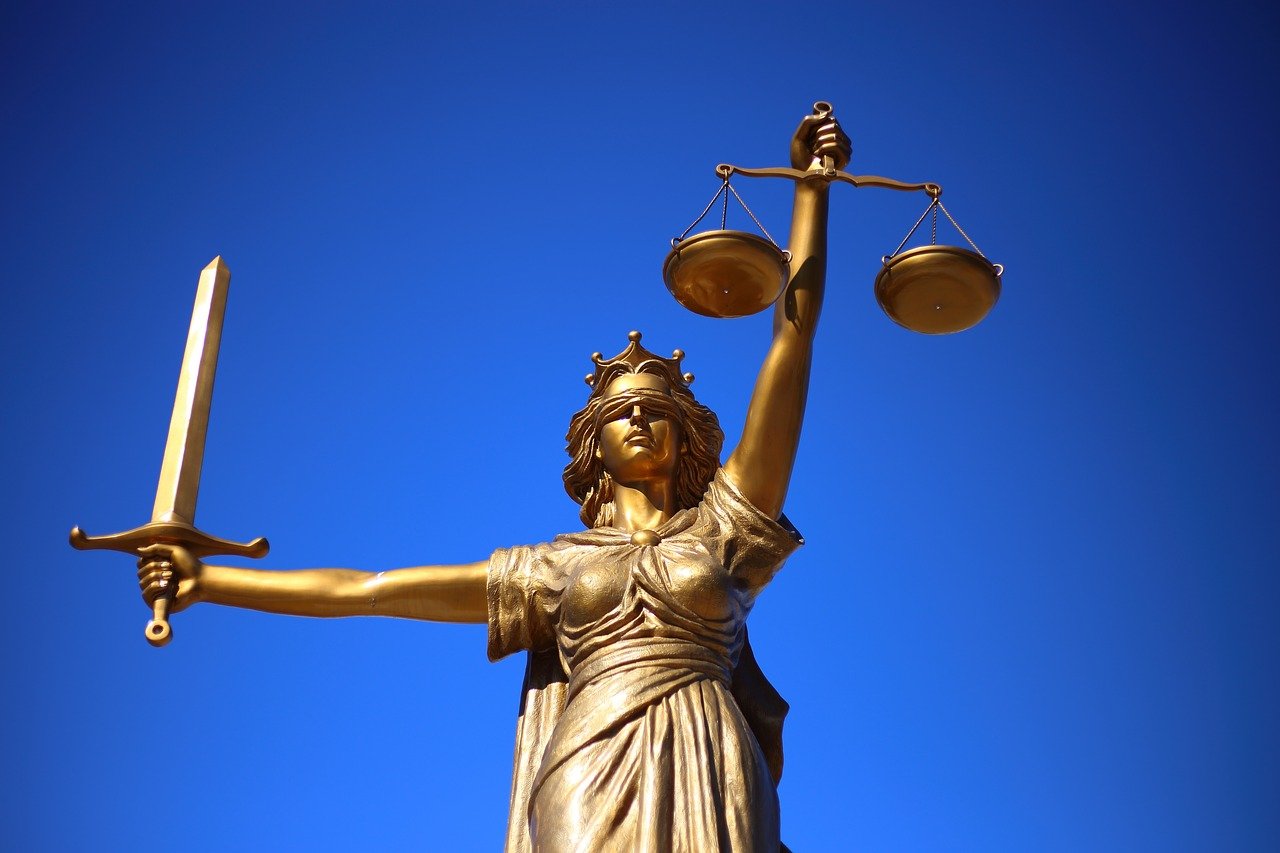Law Schools Wussifying Courses to Protect Snowflakes; But Sissified Lawyers Probably Can’t Fight to Protect Rights
Q1 2021 hedge fund letters, conferences and more
Protecting Law Students
WASHINGTON, D.C. (June 10, 2021) - The ever-growing effort to protect law students from ideas which might upset them took another giant step forward with a suggestion by law professor Matthew Steilen of Buffalo Law School that courses in constitutional law completely omit some landmark Supreme Court decisions, whose very discussion might distress sensitive law students, is likely to leave them unable to fight for controversial clients and important causes, charges public interest law professor John Banzhaf.
The movement to wuss down the law school experience, one designed in part to encourage prospective lawyers to stand up to enormous pressures when fighting for a cause or client, has already led to many criminal law professors no longer teaching students anything about the law of rape because it might offend some students - a development making them less able to defend clients charged with the offense, including even date rape cases.
It could also make them less likely to fight to reform rape laws, he says. For example, many law students believe that sexual intercourse without consent constitutes rape, as does having sex with a person who is drunk. But neither is true in most states, so young lawyers are less likely to fight to remedy these problems if they don't even know they exist, says Banzhaf.
This "perverse and unintended side effect of the intense public attention given to sexual violence in recent years" is a "tremendous loss - above all to victims of sexual assault," says feminist Harvard Law Professor Jeannie Suk. She says law students complain even about the classroom use of the word "violate" as in "does this violate the law?" because it could “traumatize” them.
But real “trauma" is what happens when your client is wrongfully sentenced to prison for rape, or when a women who has been raped cannot obtain justice because of loopholes in existing rape law, - not when law students sitting in the sterile setting of a classroom simply hear words like "rape," "violated,” etc.
Not Teaching Landmark Supreme Court Rulings
Steilen suggests law professors either not teach landmark Supreme Court rulings which might offend some students or, if that's not possible, not have them read or discuss words in the rulings which could upset them. For example, he refuses to teach Plessy v. Ferguson [which upheld the "separate but equal" doctrine], and slashes the Dred Scott decision [denying citizenship to Blacks] to only two paragraphs.
Of course, similar arguments can be made about other landmark Supreme Court decisions which likewise may offend such as Korematsu v. United States which led to the interment of Japanese Americans; Bradwell v. The State which upheld barring women from practicing law ("The natural and proper timidity and delicacy which belongs to the female sex evidently unfits it for many of the occupations of civil life."); and even Roe v Wade which upheld what some regard as murder.
By this logic, presumably law students should not be asked to read or discuss portions of the Constitution which state that enslaved persons count as only "three-fifths" or a person, or that enslaved people "escaping into another" state "shall be delivered" back to the slave owner, suggests Banzhaf.
The Wussification Of Law Schools
To those who suggest that this is just too far fetched, the professor notes that it has already happened - when in January of 2011 the House of Representatives undertook a recitation of the United States Constitution on the House floor but omitted those portions of our nation's most treasured and important document.
The wussification of law schools apparently intensified with the election of Donald Trump as president, suggests Banzhaf.
Indeed, Trump’s election provides further dramatic proof that even the best law schools are increasingly treating their students like spineless delicate wimps; a wussification of the profession which in the long run can hurt us all in many ways.
To help students cope with the “trauma” of having backed the losing candidate in the presidential election, law school professors cancelled classes, postponed exams, provided grief counseling, etc., just as they did earlier regarding the shooting of a violent criminal by a police officer in Ferguson which was later held to be legally justified.
As an example of how extreme these responses can be, and how law schools are treating their students not just as fragile “snowflakes” but as emotionally distraught young children in need of cuddling, the Michigan Law School scheduled a session with the law school’s “embedded psychologist” where these ultra sensitive souls would use play dough or Legos, and blow bubbles, to help regain their ability to continue studying.
A Generation Of Wuss Lawyers
This is just further evidence that law schools are raising a generation of wuss lawyers, unable to stand up to tough judges and often underhanded opposing counsel in order to protect the freedom, financial welfare, and sometimes even the lives of their clients.
From its very founding, our country has depended upon brave lawyers willing to stand up to angry and sometimes corrupt judges, enormous public pressures, and sometimes threats to their livelihoods and even their lives, to defend invaluable constitutional and other legal rights, and sometimes to establish new ones in the face of overwhelming public pressure.
From the fictional Atticus Finch (who stood up to racist pressures) to real life lawyers including Andrew Hamilton (who defied a judge to establish freedom of the press), and John Adams (defending soldiers in the Boston Massacre), we have depended on the bravery of lawyers to protect our sacred liberties.
What would attorney Patrick Henry, who famously said "Give me liberty, or give me death," say if he heard law students now saying “Give me play dough so I can cope!," asks Banzhaf.





